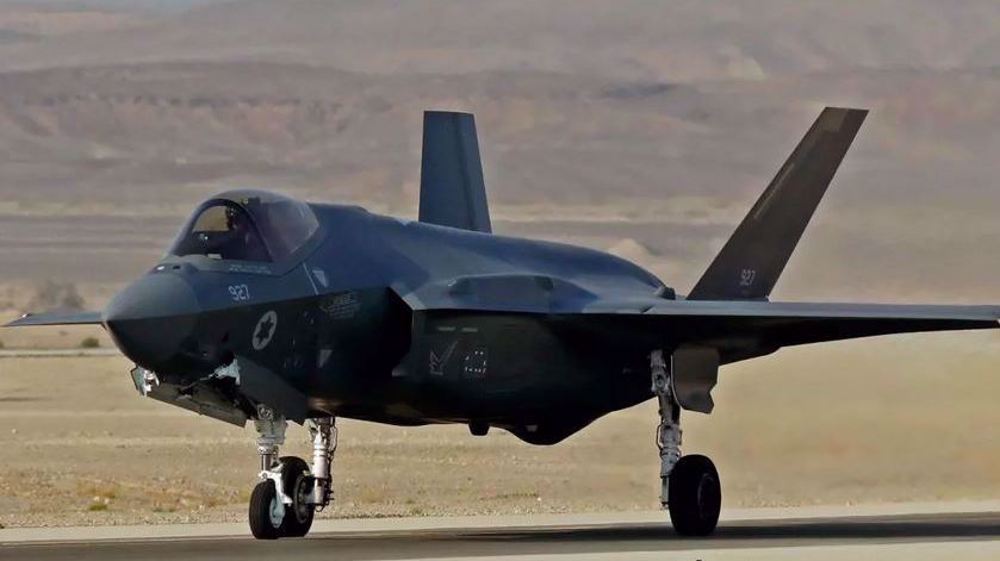Johnson proves to be more astute than May as he avoids second US trap
A ruling by the Gibraltar Supreme Court to free the Panamanian-flagged supertanker Grace 1 (now named Adrian Daria) has been widely interpreted as a victory for Iranian diplomacy.
The supertanker, which was carrying 2 million barrels of Iranian crude oil, was seized by British Royal Marines in the Strait of Gibraltar on 4th July, on the spurious grounds that its final destination was the Baniyas oil refinery in Syria.
Britain’s legal case for detaining the Grace 1 (Adrian Daria), in a military-style operation, was weak from the outset. The UK claimed it was enforcing European Union (EU) sanctions on Syria, but the EU undermined Britain’s case by failing to endorse the tanker’s seizure.
More worryingly for Britain, the seizure of the Adrian Daria threatened to create a diplomatic row with Spain, which has recently stepped up efforts to reclaim its territory (Gibraltar) from the UK.
Immediately after the tanker's seizure, Spain’s acting Foreign Minister, Josep Borrell, fatally undermined Britain’s legal case by claiming that the tanker had been detained at the "request" of the US.
Writing in the Guardian on July 20th, veteran British journalist, Simon Tisdall, argued that Britain had been lured into a “trap” by “arch-hawk” John Bolton, the highly controversial US National Security Advisor.
Bolton’s role in the affair was evident from the outset as he praised the seizure of Grace 1 (Adrian Daria) as “excellent news” in a tweet.
More evidence of the US role in the tanker's seizure was revealed in the closing stages of the drama as the US Department of Justice tried to block the release of the ship, following a ruling to that effect by Gibraltar’s Supreme Court.
But only hours after the Justice Department’s intervention, Gibraltar’s Chief Justice, Anthony Dudley, denied he had received a “formal” application for the continuing detention of Grace 1 (Adrian Daria) from the US authorities.
In other words, the Gibraltar authorities, at the direction of the UK, had chosen to ignore the US request.
As Gibraltar’s foreign policy is controlled, and directed, by the UK, there is little doubt that Britain had ordered the release of Grace 1 in the face of American attempts to block the same. By any measure, this is a huge humiliation for the United States, and John Bolton in particular.
Clearly British leaders did not want to fall into a second trap laid by Bolton, who is determined to provoke a confrontation between the US and Iran.
Realising that they are on weak political and legal ground, British officials desperately attempted to reverse their initial mistake of obeying a US "request" to seize Grace 1 (Adrian Daria).
To that end, the British resorted to behind the scenes maneuvers to resolve the issue. According to informed sources, the British sent several emissaries and go-betweens to negotiate with the Iranians.
According to the same sources, in his recent visit to Iran the Omani foreign minister told his Iranian counterparts that Britain would release the Grace 1 (Adrian Daria) if Iran released the Stena Impero, which was detained in the Strait of Hormuz on July 19th.
Iran reportedly refused the British offer. At that point, the Omani foreign minister reportedly asked for the Stena Impero to be moved to the Omani coast, in preparation for release, as soon as the Grace 1 (Adrian Daria) was freed. Again, Iran rejected the offer.
This information is consistent with Iran's position on the issue, which ruled out an exchange as a matter of principle. Iran maintains it detained the Stena Impero for breaches related to the Law of the Sea.
Furthermore, Iranian officials flatly deny that they gave Gibraltar "assurances" on the Adrian Daria's final destination.
Currently gripped by the closing stages of Brexit, and all the political drama associated with it, British leaders can ill-afford a prolonged diplomatic and legal spat with Iran.
Another important factor is that Britain’s new Prime Minister, Boris Johnson, is proving to be shrewder and more aware of Britain’s limitations than his predecessor Theresa May.
In the end Johnson refused to dig a deeper hole for Britain at the behest of the US, especially as Britain has neither the will nor the means to manage this crisis.
By Rupert Cansell, Investigative Journalist
VIDEO | ICC's arrest warrant for Netanyahu to worry Western politicians: Former British diplomat
Iranians protest against Israel after Netanyahu ICC warrant
Germany undecided on complying with ICC arrest warrants for Israeli war criminals
VIDEO | Former FBI agent criticizes US Congress for 'outright corruption'
IRGC chief urges Muslim countries to cut aid routes to Israel
'New chapter in cooperation': Iran, Venezuela sign new MoUs
Jordan sentences former lawmaker for supporting Palestinian resistance
Basij volunteer forces hold massive drills in southwestern Iran










 This makes it easy to access the Press TV website
This makes it easy to access the Press TV website